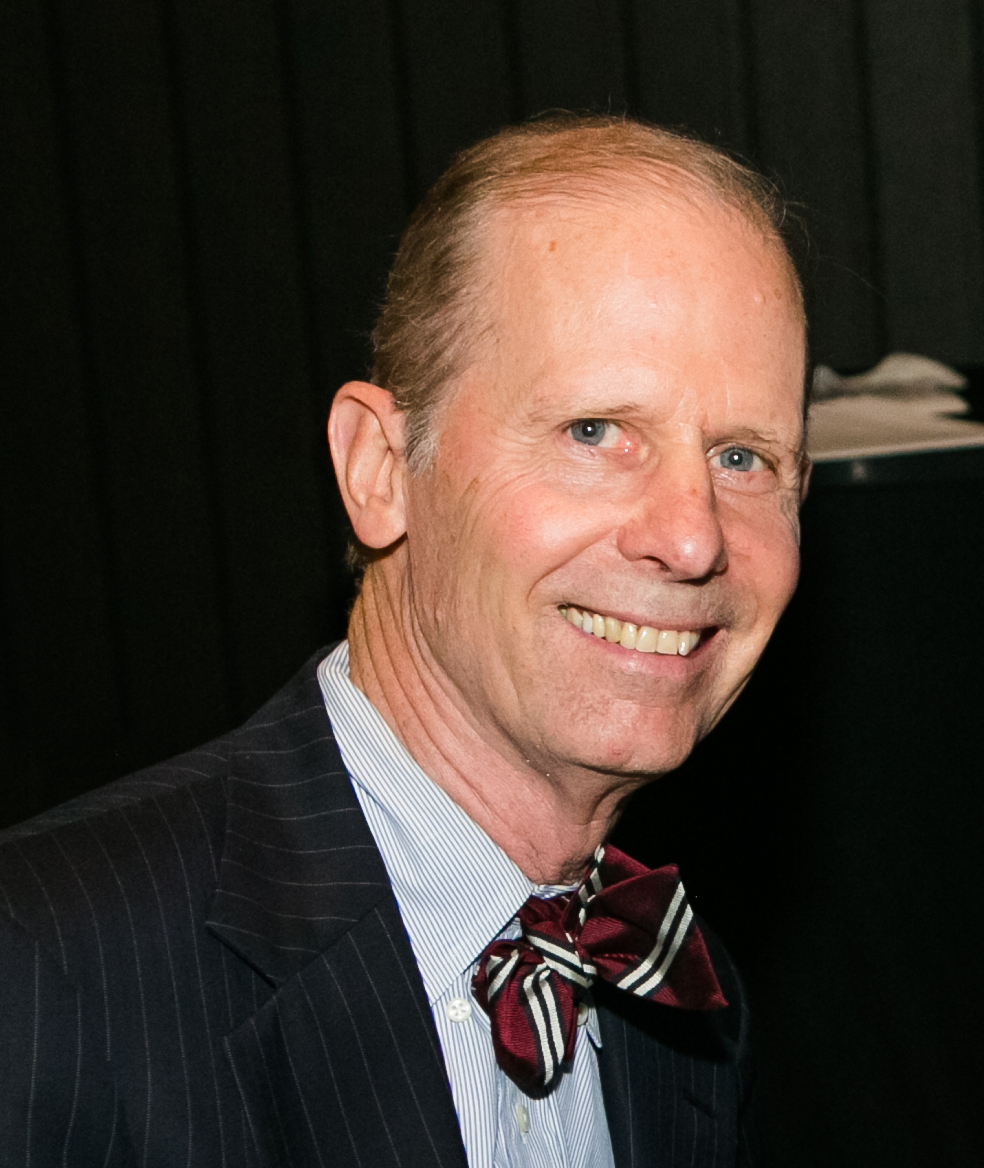
Today, we learned of the passing of our friend, Charlie Collier. We are saddened by his passing and our thoughts and prayers go out to his family.
From Henry McCance, Founder and Co-Chairman of Cure Alzheimer’s Fund, “Charlie was a good friend, a wonderful person, and a mentor to my family on philanthropy. When he was diagnosed with Alzheimer’s Disease, he bravely accepted his diagnosis and became an effective spokesman and Ambassador for Cure Alzheimer’s Fund and for our venture capital model of supporting breakthrough research. We will forever be grateful for his support and we will miss him greatly.”
From Phyllis Rappaport, Founder and Treasurer of Cure Alzheimer’s Fund, “Charlie was an exceptionally kind and observant Harvard leader who Jerry and I were pleased to know and work with. He met with our large family as a thoughtful philanthropic adviser. He and I sometimes spoke on philanthropy to groups from other cities. I remember the last time we did this, he told me he was having early cognitive difficulties. I admired his courage, determination, and real zest for making a contribution throughout the years of his subsequent decline. We are deeply sad that he is gone from our world.”
Excerpts from an article in The Boston Globe: Charles W. Collier, a philanthropic adviser who considered adversity ‘a gift,’ dies at 70
Charles Collier never needed clerical garb to offer ministerial advice. “Working with wealthy people, I take confession well,” he once quipped about his role at Harvard University, guiding families in making philanthropic decisions.
And it was no surprise to those who knew him that he made a confession of his own upon being diagnosed with early-onset Alzheimer’s disease — a public disclosure he hoped would encourage important, candid conversations about the illness. True to form, he offered a homily of hope, not despair.
“I think my illness is a gift,” he said.
Mr. Collier, who was 70 when he died Thursday, saw every adversity as a door to pass through, beyond which lay a new way to perceive the world, a blank notebook awaiting life’s next chapter.
“I’ve come to the conclusion that all of us will have challenges in our lives,” he said in a video posted on his website. “We are all dealt a hand of cards in life. Some of it is good. Some of it is not so good. The best way to think about it is this: How am I going to react to the cards that I’ve been dealt?”
Characteristically, Mr. Collier responded to his diagnosis by helping others. He worked with the Cure Alzheimer’s Fund and donated his own money to help fund research. He also spoke in interviews and to larger groups, even as illness eroded the crisp confidence that had defined his public presentations.
“He wanted to make a difference in his life, he wanted to leave a legacy,” said his wife, Susan Handy Stover, “and he did, in many, many ways.”
Honored for his work in philanthropic advising and his advocacy after his diagnosis, Mr. Collier received a distinguished service award from Phillips Andover, the Harvard Medal from Harvard University, the Peter T. Gomes STB ’68 Memorial Honors award from Harvard Divinity School, and a Lifetime Achievement Award from Family Wealth Report. The Cure Alzheimer’s Fund honored him during its 10th anniversary symposium in 2014.
“Even while he was dying, there were moments when I knew he could hear me,” she recalled. “I would say, ‘I love you,’ and his eyes — which were sort of pinballing back and forth as he was struggling — would stop, and he would blink twice, and we knew he was communicating with me.”
Despite the illness, she said, “his spirit was there, his soul was there.”
Below was originally published April, 2014
Charles W. Collier is a retired senior philanthropic advisor at Harvard University. In 2008, he was diagnosed with early-onset Alzheimer’s disease. Since then, Charlie has made it his mission to speak publicly about Alzheimer’s and give others the courage to do the same. Along with his partner Susan Stover, he has presented “The Ups and Downs of Living With Alzheimer’s,” a moving and highly personal talk about the realities of living with the disease, in both Boston and Florida. He always ends his talk with a question and answer session in which the audience can ask him about his experiences and share their own.

